Synopsis
Scientists believe that our oceans are becoming more acidic due to the CO2 we are producing being absorbed by the oceans.
- Programme: Bitesize Science
- Channel: BBC Two
- Broadcast year: 2014
- Chemistry
Licence: ERA Licence required
UK only
Staff and students of licensed education establishments only
Cannot be adapted
Add Notes
More clips from Bitesize Science
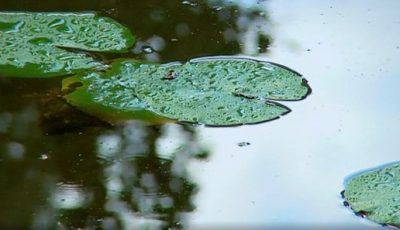
All life needs water | Bitesize Science
All life needs water | Bitesize Science
Osmosis is a special type of diffusion, involving water, where molecules move from a high to a low concentration.
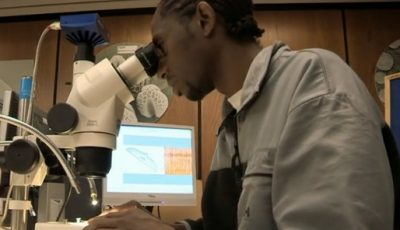
Beneath the surface | Bitesize Science
Beneath the surface | Bitesize Science
Microscopes continue to develop over time, giving us access to increasingly incredible magnification.
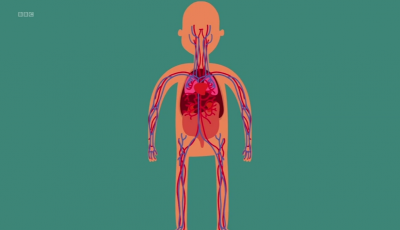
Blood Vessels | Bitesize Science
Blood Vessels | Bitesize Science
A short guide on blood vessels in the body.
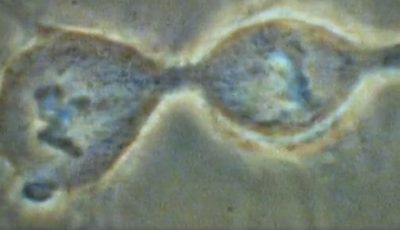
Dance of the chromosomes | Bitesize Science
Dance of the chromosomes | Bitesize Science
Mitosis is a type of cell replication that is essential to the human body's ability to grow and repair.
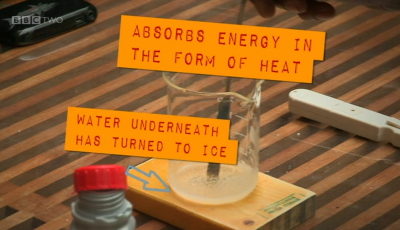
Endothermic and exothermic reactions | Bitesize Science
Endothermic and exothermic reactions | Bitesize Science
Endothermic reactions absorb heat, while exothermic reactions give off heat.
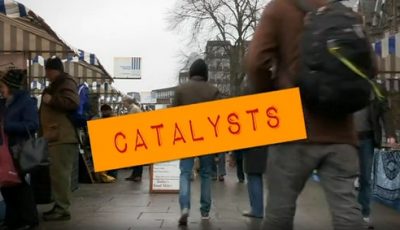
Enzyme power and food as fuel | Bitesize Science
Enzyme power and food as fuel | Bitesize Science
Enzymes are biological catalysts which help us to get the energy we need from food to survive.
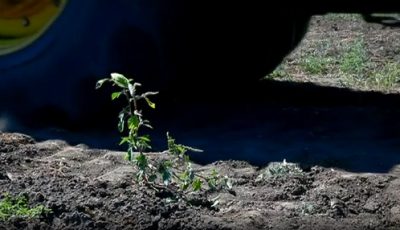
Germination | Bitesize Science
Germination | Bitesize Science
Seeds need the conditions to right in order to be able to germinate.
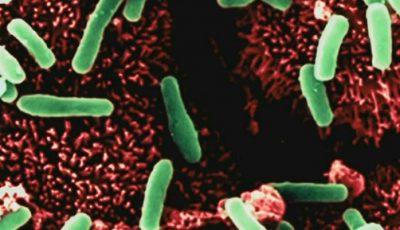
Growing bacteria | Bitesize Science
Growing bacteria | Bitesize Science
Bacteria reproduce by cloning themselves, and in the right conditions can reproduce very quickly.
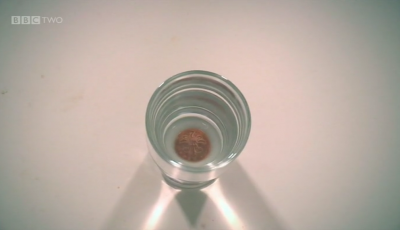
Internal reflection | Bitesize Science
Internal reflection | Bitesize Science
An examination of how light can be internally reflected, and how this is used for carrying information in fibre optic cables.

Newtons laws | Bitesize Science
Newtons laws | Bitesize Science
Newton's laws of motion continue to underpin principles in modern day physics.
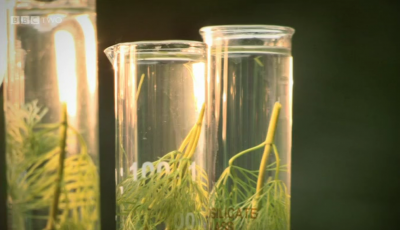
Photosynthisis | Bitesize Science
Photosynthisis | Bitesize Science
Photosynthesis is essential to life on this planet.

Solubility | Bitesize Science
Solubility | Bitesize Science
Solubility is the measure of how much solute can dissolve in a solvent.
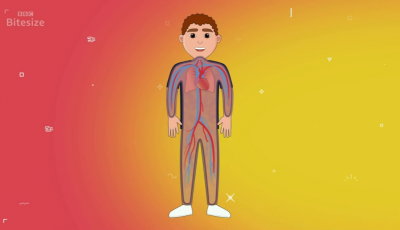
The circulatory system | Bitesize Science
The circulatory system | Bitesize Science
A short guide on the circulatory system.
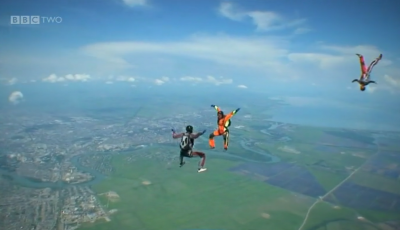
The feather and the hammer | Bitesize Science
The feather and the hammer | Bitesize Science
Air resistance affects different objects and how they fall differently, just as Galileo suggested.
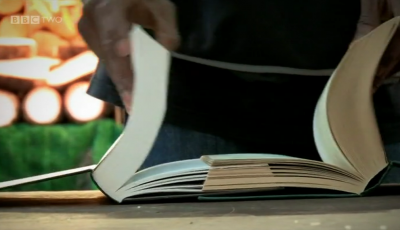
The force of friction | Bitesize Science
The force of friction | Bitesize Science
Any time one surface moves over another, there is a force of friction.
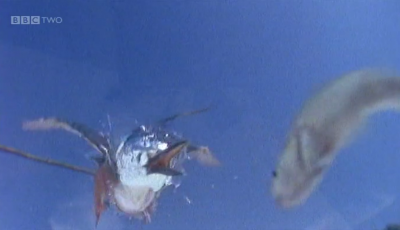
The power of invisibility | Bitesize Science
The power of invisibility | Bitesize Science
Light moves at different speeds through different objects, this can make objects appear in a different place to where they actua...
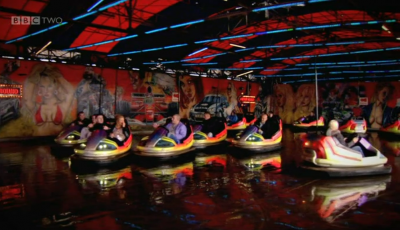
The race is on | Bitesize Science
The race is on | Bitesize Science
The rate of a chemical reaction depends on the temperature, concentration, particle size and any catalysts present.
More resources about Living Things and Their Habitats
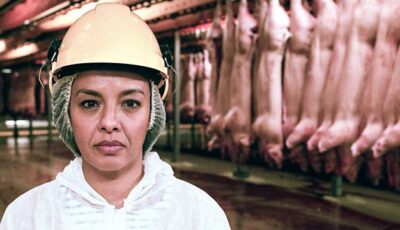
Meat: A Threat to Our Planet?
Meat: A Threat to Our Planet?
From colossal farms in America to the destruction of the Amazon, Liz Bonnin investigates how our hunger for meat is killing our planet.
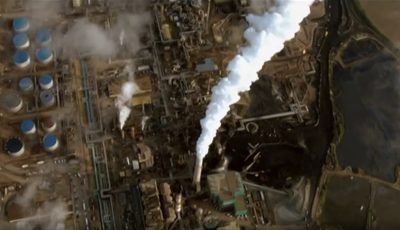
Greenhouse Gases | Climate Change: The Facts
Greenhouse Gases | Climate Change: The Facts
A discussion of the devastating impact of burning fossil fuels.
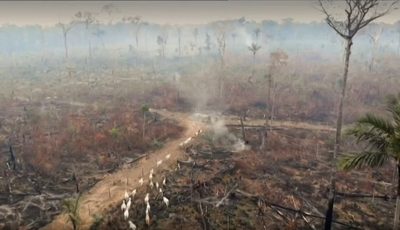
Amazon deforestation | Meat: A Threat to Our Planet?
Amazon deforestation | Meat: A Threat to Our Planet?
Liz Bonnin witnesses the devastation of the Amazon rainforest from the sky.
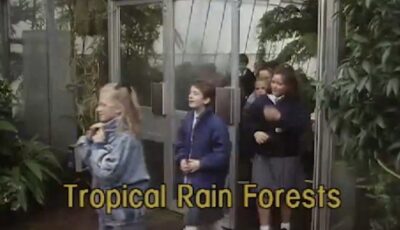
03: Destroying the Forest | Landmarks
03: Destroying the Forest | Landmarks
By the next century, the rainforests of the world could have disappeared for ever, destroyed by outside influences and economic pressur...
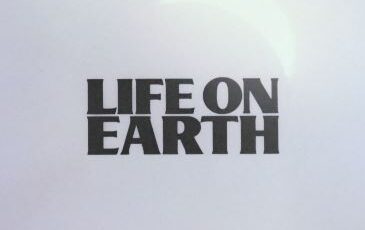
9: The Rise Of The Mammals | Life On Earth
9: The Rise Of The Mammals | Life On Earth
Mammals have proved to be one of the most adaptable products of evolution. David Attenborough looks at their evolution from reptil...
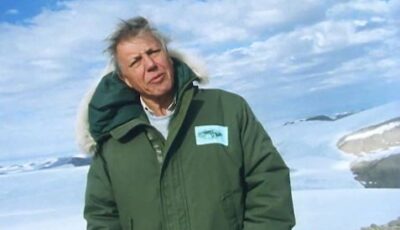
Plants in cold environments | The Private Life of Plants
Plants in cold environments | The Private Life of Plants
David Attenborough describes how certain plant species adapt to cold weather.
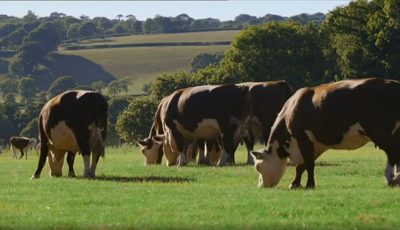
Sustainable meat production | Meat: A Threat to Our Planet?
Sustainable meat production | Meat: A Threat to Our Planet?
Liz Bonnin discusses the importance of understanding the process behind the meat we eat (warning: this clip conta...
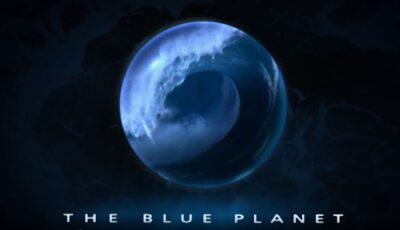
The Blue Planet
The Blue Planet
David Attenborough narrates a natural history of the oceans. We travel to the depths of the seas to reveal a spectacular variety of life, some never filmed b...
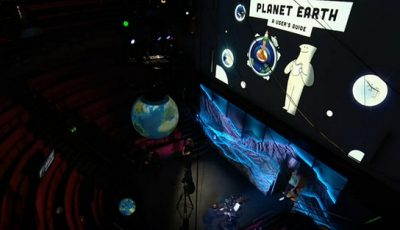
The carbon cycle and global warming | Royal Institution Christmas Lectures
The carbon cycle and global warming | Royal Institution Christmas Lectures
The carbon cycle process is being overwhelmed by the amount of carbon dioxide released into the at...

04: Saving the Forest | Landmarks
04: Saving the Forest | Landmarks
Despite the destruction, there are ways to save the forest, by careful harvesting, protecting, learning, replanting, policing - and campaig...
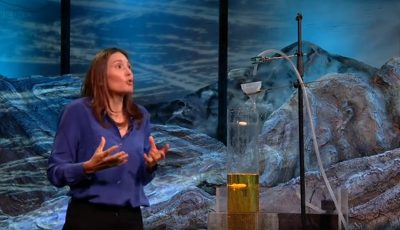
Carbon in the ocean | Royal Institution Christmas Lectures
Carbon in the ocean | Royal Institution Christmas Lectures
Dr Helen Czerski explains how carbon is incorporated into the ocean and how the increase in carbon intake is impac...
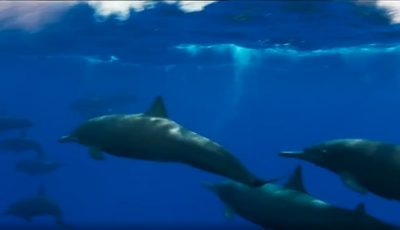
The boiling sea | Blue Planet II
The boiling sea | Blue Planet II
Lantern fish provide a rare banquet for some of the ocean’s top predators.

01: The Living Forest | Landmarks
01: The Living Forest | Landmarks
The Living Forest looks at all the animals & plants that live in the forest on the ground to the forest canopy, & shows how they live in ba...
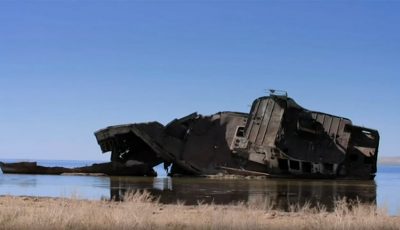
Cotton production and the Aral Sea crisis | Stacey Dooley
Cotton production and the Aral Sea crisis | Stacey Dooley
Stacey Dooley visits the Aral Sea Basin in Kazakhstan, which has almost entirely dried up due to cotton production.
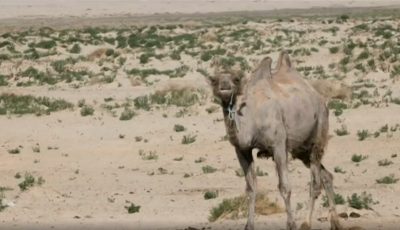
Environmental impact on the Aral Sea | Stacey Dooley
Environmental impact on the Aral Sea | Stacey Dooley
Stacey Dooley visits the Aral Sea Basin in Kazakhstan, which has almost entirely dried up due to cotton production.
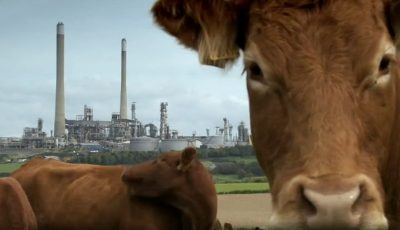
Fossil fuels behind every day food | Natural World
Fossil fuels behind every day food | Natural World
Rebecca Hosking goes through the fossil fuels involved in creating a shop bought sandwich.
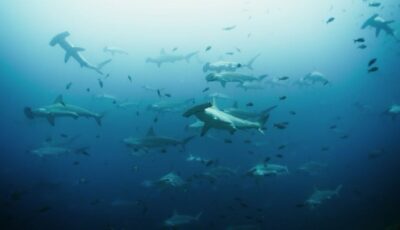
Importance of marine protected areas | A Perfect Planet
Importance of marine protected areas | A Perfect Planet
Spec references J247: B6.1b, B6.1c, B6.1d J250: B6.1b, B6.1c. How an increase of carbon dioxide and overfishing impac...
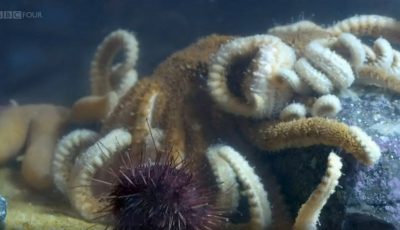
Life in icy environments | The Secret Life of Ice
Life in icy environments | The Secret Life of Ice
Dr Gabrielle Walker investigates how life has evolved in icy underwater environments.
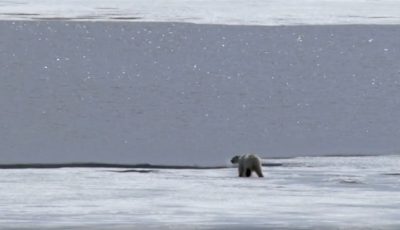
Polar bears' habitat under threat from glacial melt | Planet Earth
Polar bears' habitat under threat from glacial melt | Planet Earth
David Attenborough discusses the effects on polar bears of melting Arctic ice caused by global warming.
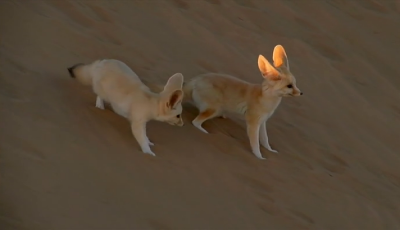
The smallest fox with the biggest ears! | Super Cute Animals (video)
The smallest fox with the biggest ears! | Super Cute Animals (video)
The fennec's ears help it to survive in the heat of the desert dunes.
